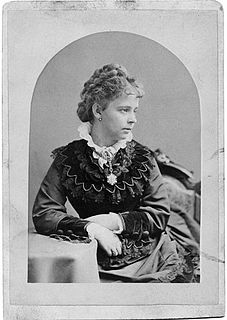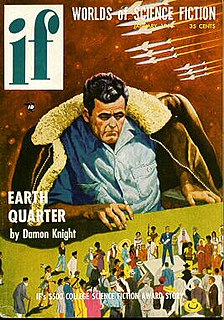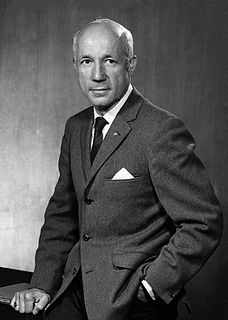A Quote by Alice Morse Earle
In the seventeenth century, the science of medicine had not wholly cut asunder from astrology and necromancy; and the trusting Christian still believed in some occult influences, chiefly planetary, which governed not only his crops but his health and life.
Related Quotes
Medicine is the science by which we learn the various states of the human body in health and when not in health, and the means by which health is likely to be lost and, when lost, is likely to be restored back to health. In other words, it is the art whereby health is conserved and the art whereby it is restored after being lost. While some divide medicine into a theoretical and a practical [applied] science, others may assume that it is only theoretical because they see it as a pure science. But, in truth, every science has both a theoretical and a practical side.
The only distinction between freedom and slavery consists in this: In the former state a man is governed by the laws to which he has given his consent, either in person or by his representative; in the latter, he is governed by the will of another. In the one case, his life and property are his own; in the other, they depend upon the pleasure of his master. It is easy to discern which of these two states is preferable.
It suddenly made sense. Only twice in his life had he felt this inexplicable, almost mystical attraction to a woman. He’d thought it remarkable, to have found two, when in his heart he’d always believed there was only one perfect woman out there for him. His heart had been right. There was only one.
Indeed, we need not look back half a century to times which many now living remember well, and see the wonderful advances in the sciences and arts which have been made within that period. Some of these have rendered the elements themselves subservient to the purposes of man, have harnessed them to the yoke of his labors and effected the great blessings of moderating his own, of accomplishing what was beyond his feeble force, and extending the comforts of life to a much enlarged circle, to those who had before known its necessaries only.
Out of time we cut 'days' and 'nights', 'summers' and 'winters.' We say what, each part of the sensible continuum is, and all these abstract whats are concepts. The intelletual life of man consists almost wholly in his substitution of a conceptual order for the persceptual order in which his experience originally comes.
The assumption that the laws of nature are eternal is a vestige of the Christian belief system that informed the early postulates of modern science in the seventeenth century. Perhaps the laws of nature have actually evolved along with nature itself, and perhaps they are still evolving. Or perhaps they are not laws at all, but more like habits.
Astrology is a science in itself and contains an illuminating body of knowledge. It taught me many things and I am greatly indebted to it. Geophysical evidence reveals the power of the stars and the planets in relation to the terrestrial. In turn, astrology reinforces this power to some extent. This is why astrology is like a life-giving elixir to mankind.
Muhammad Ali was unquestionably one of the greatest boxers of the 20th century and a sincere advocate for his religious beliefs. In his life, he defeated the best professional boxers of his era, some of them more than once, which meant he was easily forgiven the excesses of his ringside braggadocio.
He[Napoleon] had destroyed only one thing: the Jacobin Revolution, the dream of equality, liberty and fraternity, and of the people rising in its majesty to shake off oppression. It was a more powerful myth than his, for after his fall it was this, and not his memory, which inspired the revolutions of the nineteenth century, even in his own country.
If cathedrals had been universities If dungeons of the Inquisition had been laboratories If Christians had believed in character instead of creed If they had taken from the bible only that which is GOOD and thrown away the wicked and absurd If temple domes had been observatories If priests had been philosophers If missionaries had taught useful arts instead of bible lore If astrology had been astronomy If the black arts had been chemistry If superstition had been science If religion had been humanity The world then would be a heaven filled with love, and liberty and joy
Every Christian family ought to be as it were a little church, consecrated to Christ, and wholly influenced and governed by his rules. And family education and order are some of the chief means of grace. If these fail, all other means are likely to prove ineffectual. If these are duly maintained, all the means of grace will be likely to prosper and be successful.








































